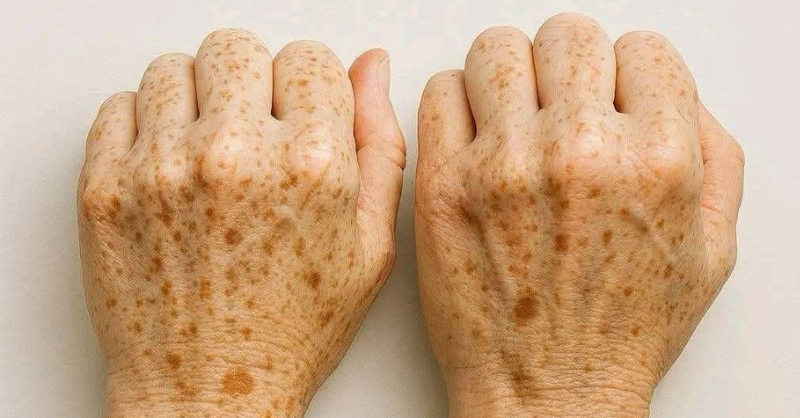
Starting the morning with a glass of water may seem simple, but it can have a surprisingly powerful effect on your health.
Known as water therapy, this practice has become popular for its ability to refresh the body and mind right after waking up.
The idea is straightforward: before eating or doing anything else, drink an adequate amount of water. This small step can set a healthy rhythm for the day, boosting both physical well-being and mental clarity.
Why Try Water Therapy?
Our bodies are made up of about 60% water, and overnight we naturally lose fluids through breathing and sweat. Drinking water first thing in the morning helps restore what’s lost, providing a fresh start for the system.
Many believe this practice purifies the body and supports multiple functions, from digestion to metabolism. Replenishing hydration early in the day gives the body the reset it needs to function at its best.

Benefits of Morning Hydration
Drinking water after waking up can:
• Support digestion and keep metabolism running efficiently
• Ease early hunger cravings, helping those who are managing weight
• Maintain skin elasticity and joint health, especially in older adults
• Enhance mood, energy, and cognitive function, leading to clearer thinking throughout the day
How to Practice Water Therapy
1. Upon waking, drink 500ml to 1 liter of water at room temperature. Avoid cold water, as it may be too harsh for the system in the morning.
2. Wait about 45 minutes before eating, giving the body time to absorb and benefit from the hydration. Use this time to ease into your morning routine.
If drinking that much water feels difficult, begin with two glasses and gradually increase the amount as your body adapts.
For added benefits, some people infuse their water with a slice of lemon for vitamin C or a spoonful of honey as a natural energy boost.

Things to Keep in Mind
Water therapy is safe for most people, but it’s always important to listen to your body. If discomfort occurs, adjust the amount or consult a healthcare professional.
Those with kidney conditions or issues affecting fluid balance should be especially cautious and seek medical guidance before making changes to their routine.




